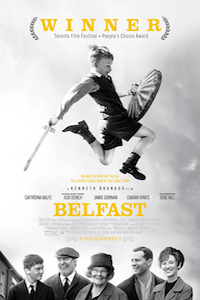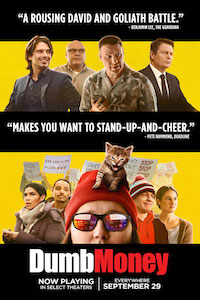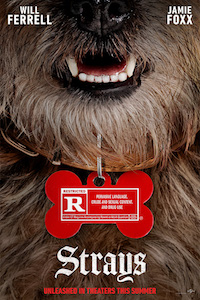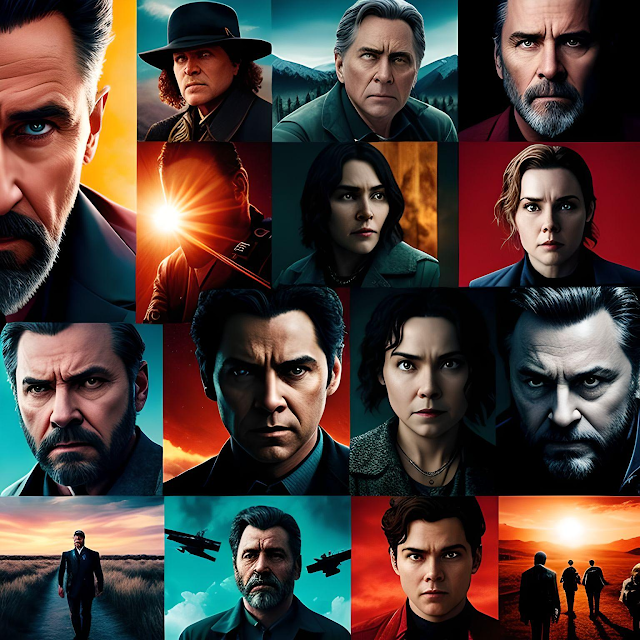Kenneth Branagh's sweet but slight "Belfast" has been understandably, yet reductively, compared to Alfonso Cuaron's 2018 Oscar-winning "Roma," where the filmmaker crafted a memory piece about his childhood in Mexico City. Branagh has done the same for Belfast, where he was born, and his ode to home has garnered raves on the fall festival circuit and established itself as the frontrunner for Best Picture at the upcoming Oscars.
It's easy to see why "Belfast" has been deemed the frontrunner for the Oscar race at this point (the season is just getting off the ground - there's a long way to go until March 2022). It's broadly appealing, serving intense drama and lighthearted moments in equal measure, and its broad appeal is what could propel it to the Dolby stage. The movie's variation of tone is what trips the movie up along the way, and takes away from its emotional impact despite strong individual moments.
The movie opens with an upbeat and vibrantly colorful trip through modern-day Belfast, which plays like a shameless tourism ad before turning to black-and-white, taking us back to 1969. The tiny corner of Belfast is bustling with people going about their day, particularly the spirited Buddy (newcomer Jude Hill), who is on his way home. Suddenly an explosion goes off and mobs of people fill the streets, quickly wiping away the peaceful feeling of neighborhood camaraderie. The Protestant-versus-Catholic conflict is causing turmoil in Belfast, but Buddy's home is having its own personal woes as well.
Buddy's parents, Pa (Jamie Dornan) and Ma (Caitriona Balfe) are at constant odds because Pa has gotten the family into a great deal of debt. He's constantly leaving home for weeks at a time to find work, which puts all the burden at home on Ma's shoulders. Buddy finds some respite in his charmingly cranky Granny (Judi Dench) and Pop (Ciaran Hinds), who do their part to alleviate the struggles at home.
Branagh's screenplay has a lot going on, while also feeling a bit aimless at times. "Belfast" is seen through Buddy's eyes, as we watch violence erupt in the streets and resentment grow at home. Branagh's material and Hill's charming performance find enough notes to strike an emotional resonance from Buddy's perspective to keep "Belfast" engaging. But it's Branagh's abrupt shifts between playful, lighthearted moments and incessant needle drops and gritty drama that threaten to upend his movie.
Dornan is having a career-shifting year between a great comedic turn in "Barb and Star Go to Vista Del Mar" (still one of the best movies to come out this year) and his role in "Belfast." It's interesting to see actors who starred in largely mocked franchises ("Fifty Shades of Grey" in Dornan's case) go on to do much more interesting work and escape the shadow of the movies that may have otherwise become synonymous with their name. He and Balfe - who is the film's MVP - create a rich history together. Balfe signals her character's frustration and concern, never afraid to let her husband know how mad she is, but every tough conversation between the two is underpinned by how much they love each other.
It might sound like a backhanded compliment, but "Belfast" is a nice movie. It's simple and intermittently effective, but Branagh doesn't always have a steady hand in presenting his story. This punctures some of the film's more effective moments, but the lived-in performances will continue to woo audiences as it already has on the festival trail.
Belfast Movie Review By Matthew Passantino












0 comments:
Post a Comment